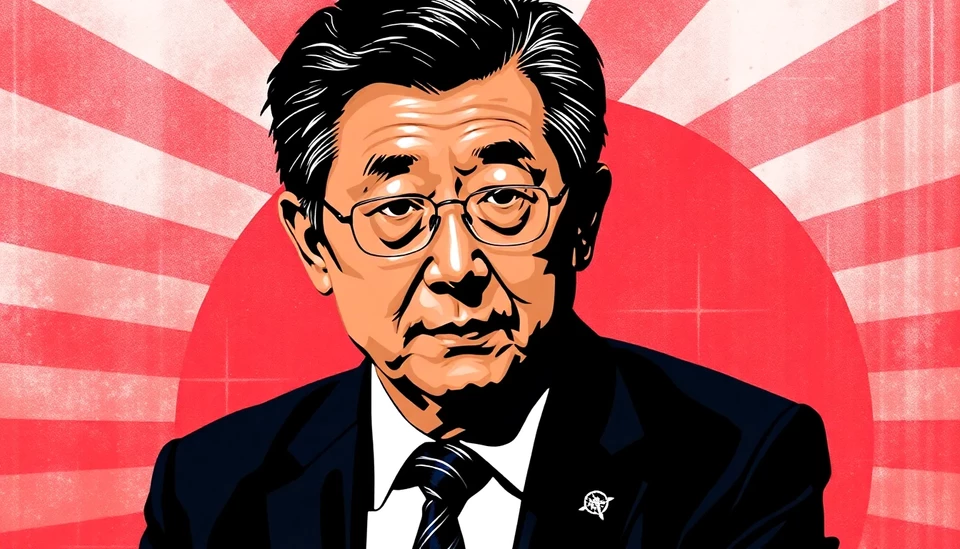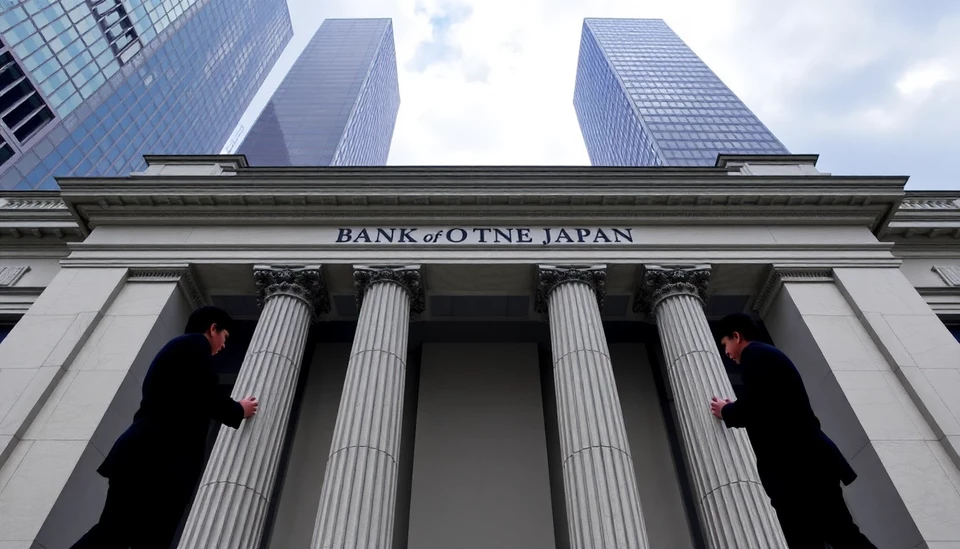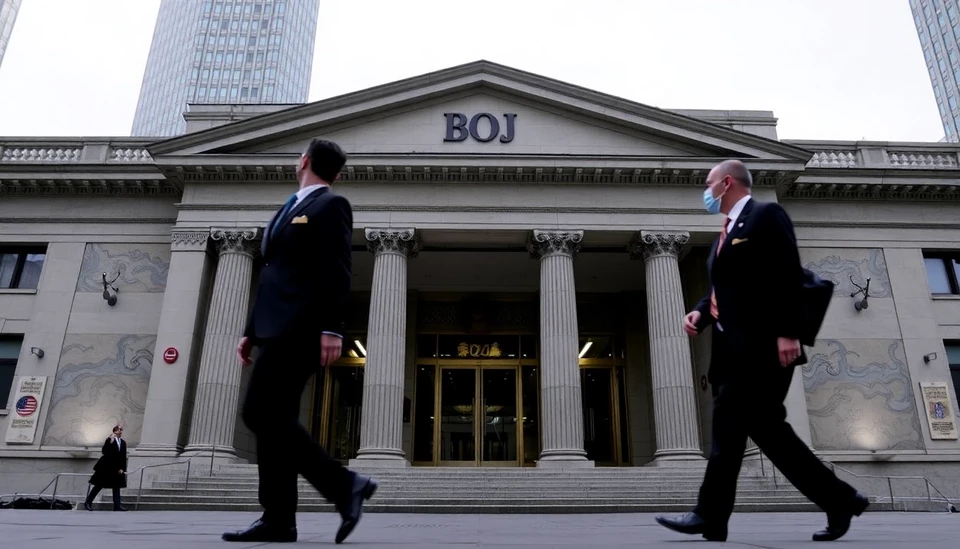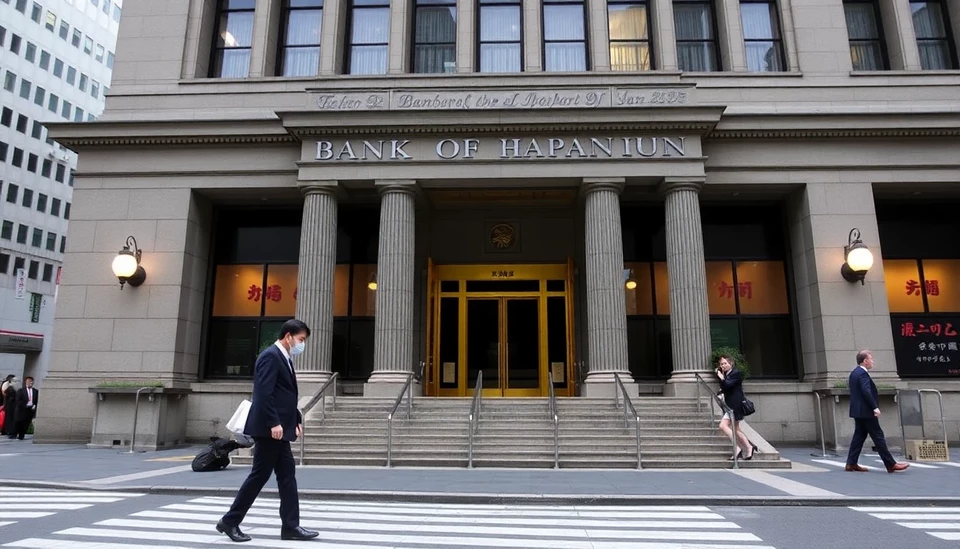
In recent developments, many residents in Japan are starting to experience the tangible effects of the Bank of Japan's (BOJ) series of interest rate hikes. These adjustments, aimed at countering prolonged economic stagnation and promoting stability, are becoming more noticeable in daily life, affecting everything from borrowing costs to consumer prices.
Historically known for its ultra-low interest rates, the BOJ has initiated these hikes in response to persistent inflationary pressures and a desire to normalize its monetary policy amidst a changing global economic landscape. However, this shift from a long-standing accommodative monetary policy is triggering a reevaluation of financial habits among the Japanese populace.
Recent data indicates that many households are starting to cut back on discretionary spending as the cost of living increases. Rising prices for essential goods, alongside the adjustments to borrowing costs, are squeezing household budgets, leading to a shift in consumer behavior. Families are now more cautious about taking on new debts, especially as interest rates climb.
Experts warn that these rate hikes could have broader implications for the economy as a whole, potentially impacting growth. The ongoing adjustments may lead to a slowdown in economic activity as both businesses and consumers adapt to the new financial environment. For businesses reliant on credit, the increasing cost of loans could deter investment, thereby stunting economic expansion.
In addition to higher borrowing costs, the rate hikes also serve to reinforce the yen's value, impacting exports and complicating the recovery trajectory for Japanese manufacturers. Notably, firms that thrive on lower borrowing costs may find themselves pressured to reconsider their financial strategies to remain viable amid these new economic realities.
The sentiment among Japanese consumers is palpable; many express concerns about the longevity of these hikes and their overall impact on financial stability. As inflation continues to affect everyday expenses, a primary focus for the government and the BOJ remains on balancing growth while controlling price increases. Stakeholders now await further guidance and policies from the central bank as they navigate these challenging waters.
In conclusion, while the BOJ's recent rate hikes are aimed at fostering a healthier economic environment, the immediate repercussions are increasingly evident in the lives of everyday Japanese citizens. As families grapple with rising costs and changing financial landscapes, the true impact of these monetary policies becomes more discernible and needs careful consideration in the coming months.
#BOJ #interestRates #JapanEconomy #inflation #consumerSpending #economicImpact #financialStability #yenValuation
Author: Rachel Greene




